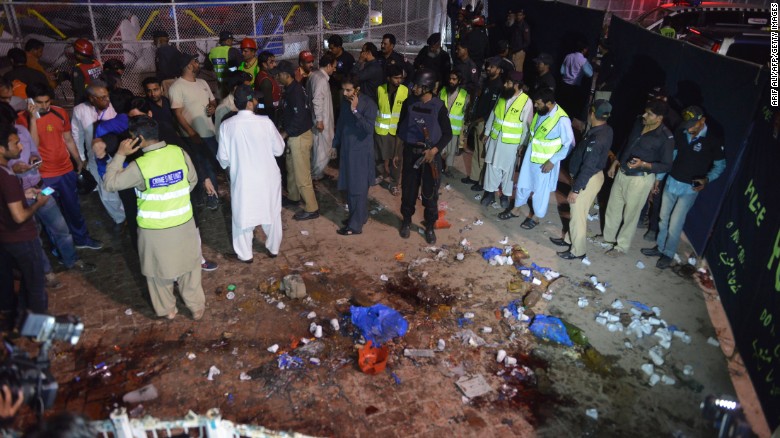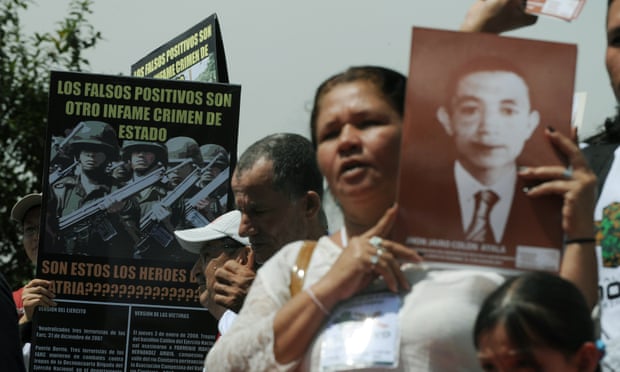By Christine Khamis
Impunity Watch Reporter, Asia
ISLAMABAD, Pakistan –
At least 72 people were killed in a suicide bombing in Lahore, Pakistan on Sunday. Over 300 people were wounded in the blast. The bombing occurred in Gulshan Iqbal Park, a public park, where Christian families had gathered to celebrate Easter.

Jamaat-e-Ahrar, a splinter cell of the Pakistani Taliban, has taken responsibility for the bombing. Spokesman Ehsanullah Ehsan released a statement confirming that Christians had been the target of the blast. Pakistani officials deny that Christians were the target of the attack, however, and many of those killed were Muslims. Jamat-e-Ahrar has declared that there are more attacks to come, with a warning that Pakistani media may be the next target.
Mr. Ehsan also said in his statement that the bombing was a message to the government that it cannot deter Jamaat-e-Ahrar even in Lahore, the capital of Punjab province. Lahore is the hometown of Pakistan’s prime minster, Nawaz Sharif. According to BBC, Mr. Ehsan referred to Mr. Sharif in his statement, saying that the war had “reached his doorstep.”
Law enforcement officials and army and intelligence forces in Punjab have begun a formal investigation into the bombing. Over 5,000 people have already been detained and questioned as part of the investigation, and any suspected terrorists have been arrested. 216 suspects remain in custody at this time.
Security forces have also begun raids to seize weapons and ammunition in Lahore and two other cities. Reports say that Pakistan’s military is working to begin a new crackdown in Punjab as well.
There have been two other bombings in Pakistan this month. One attack, a suicide bombing at a court building earlier in the month was also carried out by Jamaat-e-Ahrar. Dozens of other attacks have also occurred during recent years, including a bombing that killed around 80 people in 2013 and a school massacre that killed 134 students in 2014.
For more information, please see:
Al Jazeera – Pakistan Conducts Sweeping Raids After Lahore Bombing – 29 March 2016
BBC – Lahore Attack: Pakistan ‘Detains 200’ After Easter Blast – 29 March 2016
CNN – Pakistan Bombing: Suspects, Arms Seized After Attack on Christians Kills 72 – 28 March 2016
The New York Times – Blast at a Crowded Park in Lahore, Pakistan, Kills Dozens – 27 March 2016
